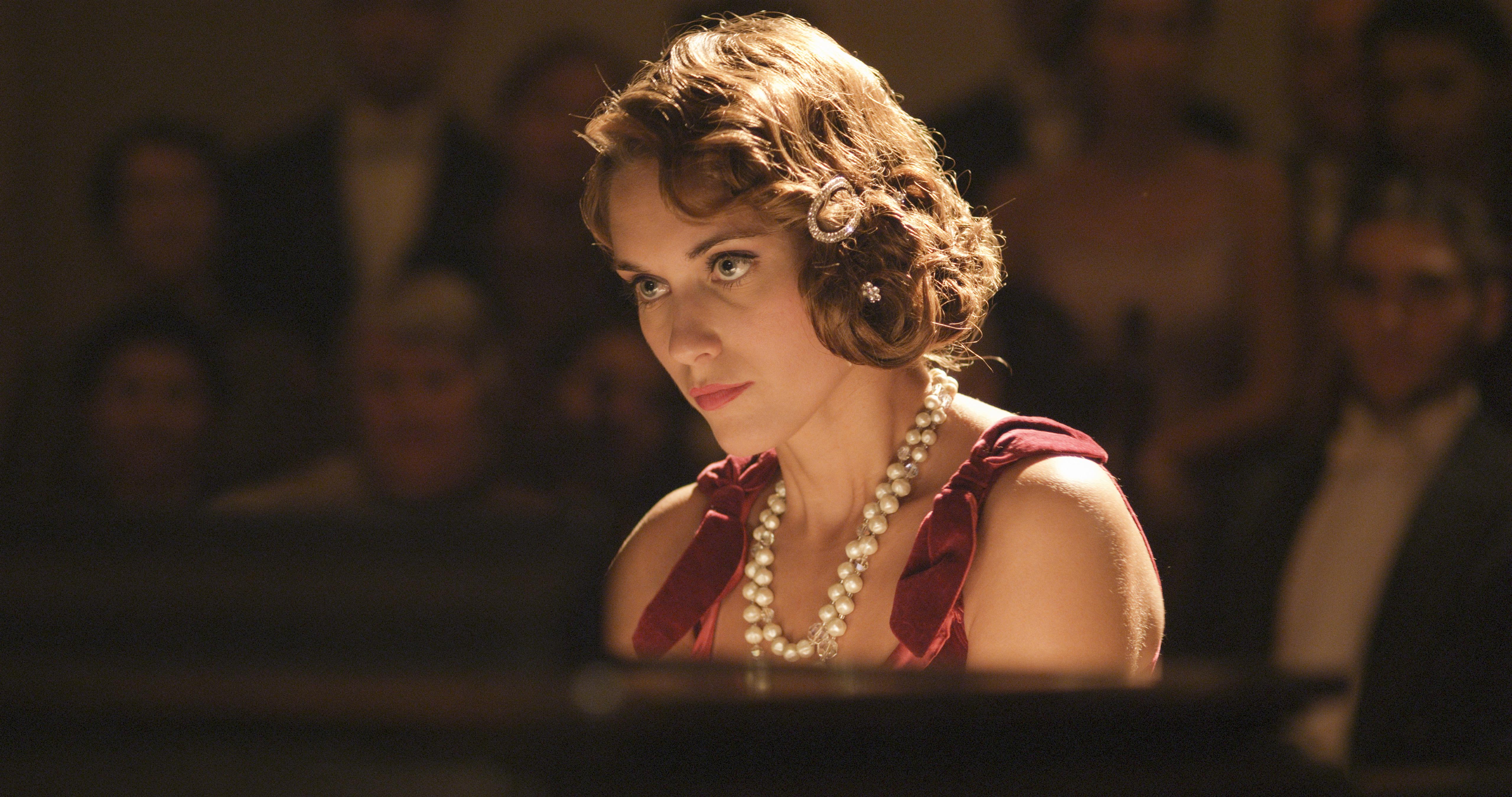In Silence

Full Description
“No one who survives will believe it.” Think about those words while watching Zdeněk Jiráský’s visually poetic, music-filled portrait of the prewar brilliance and concentration camp travails of five Czech and Slovak Jewish musicians. All will be expunged, listed in the dread lexicon Jewishness in Music, whose presses begin rolling like train wheels after the German invasion. Before the war, pianist Karol Ebert ate up the airwaves with his seductive playing. At the camps he survives by not drawing attention to himself. Fellow pianist Edith Kraus survived the Terezin concentration camp only because her hands could play Bach, Mozart, Brahms, Chopin and Verdi from memory; “I can’t recall any notes,” she says. This is a place of “silence, unbearable silence.” Some might say you can’t stylize this kind of horror, but they would be missing the point. You can’t make it realistic if you try. Art is required, and as the film moves deeper into the camp experience, it becomes more, not less, beautiful; more, not less, starkly interpretive. Monologue in place of dialogue serves reality by being truer to it, the way a sketch can convey more than a painting. And still, no one who survives can believe it.
—Judy Bloch
Director(s)
Country(ies)
Language(s)
w/English Subtitle
Release Year
Festival Year(s)
Running Time
86
